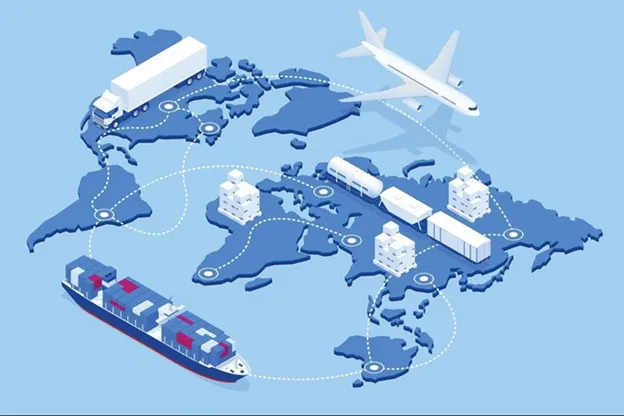Inside the Industry

Logistics

The Role of Transportation in Supply Chain Management: The Key Driver of Efficiency and Innovation
In today’s business world, transportation plays a vital role in supply chain management. It is not merely the process of moving goods from one place to another, but rather the essential link between manufacturers, distributors, retailers, and customers. The efficiency of transportation, its cost-effectiveness, and its ability to adapt to environmental changes directly contribute to the overall success of business operations.
Why is Transportation Crucial for Supply Chain Success?
Transportation serves as the backbone of any supply chain, ensuring that products are delivered on time and in the most optimal manner. No matter how efficient production processes or innovative product designs may be, if goods don’t reach their destination on time, business operations can be disrupted, leading to customer dissatisfaction and reduced profits. This is where the importance of effective transportation lies in ensuring the smooth flow of business activities.
Achieving Efficiency and Reducing Costs
One of the major impacts transportation has on supply chains is its ability to control costs. Transportation is a significant portion of operational expenses for many companies, making its optimization a strategic move. By improving routes, selecting the most suitable modes of transportation, and utilizing advanced technologies, companies can reduce fuel consumption, avoid congestion, and cut delivery times. Additionally, using intermodal transport (such as combining rail, trucks, and ships) provides cost-effective solutions, ensuring companies remain competitive in the global market.
Speed and Reliability: Meeting Customer Expectations
In today’s world, speed is everything. With the rise of e-commerce, customers expect faster and more reliable deliveries. The quicker a company meets these expectations, the greater the customer loyalty. By utilizing advanced tracking systems and real-time updates, businesses can provide an unforgettable experience, strengthening their relationship with customers and gaining a clear competitive edge.
Sustainability in Transportation: The Green Future
With growing environmental concerns, sustainability has become a top priority for supply chains. Transportation is one of the main contributors to carbon emissions, but companies are increasingly shifting towards eco-friendly solutions. From adopting electric vehicles to using alternative fuels and optimizing transport routes to reduce fuel consumption, sustainable transportation helps reduce the carbon footprint. Furthermore, these initiatives serve as a draw for environmentally conscious consumers, enhancing the brand's reputation.
Transportation: A Key Driver of Sustainable Transformation in Supply Chains
As global challenges continue to rise, the role of transportation will evolve further. Companies that embrace innovation, improve transportation efficiency, and invest in sustainable solutions will be at the forefront of future success. Ultimately, transportation is not just a logistical function—it is a critical factor in achieving efficiency, reducing costs, and building customer loyalty.
By improving transportation strategies, companies open new doors for innovation and growth, enhancing their ability to adapt to the fast-paced, ever-changing future, while ensuring their sustainability in an endlessly competitive market.
